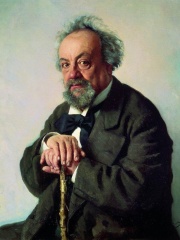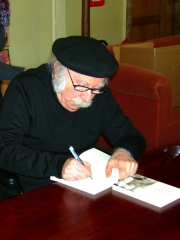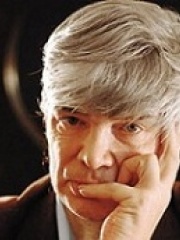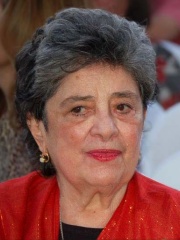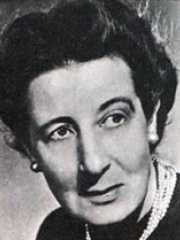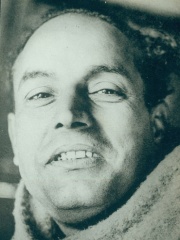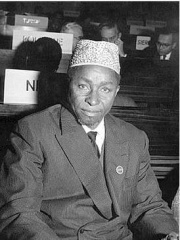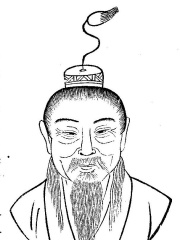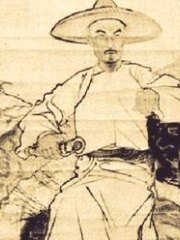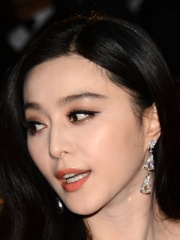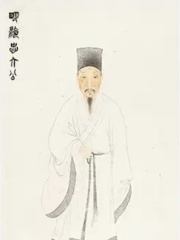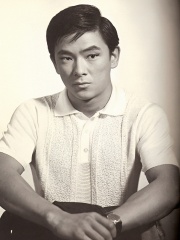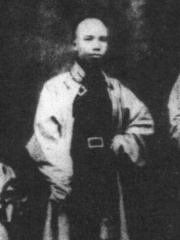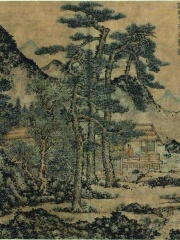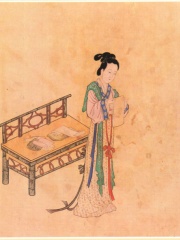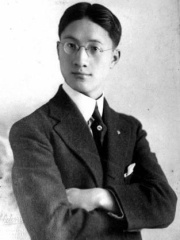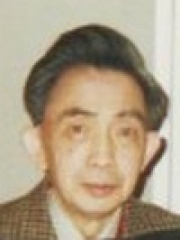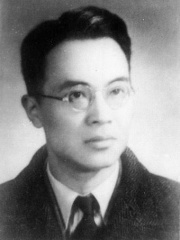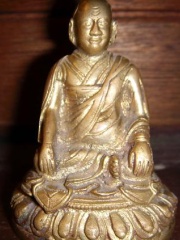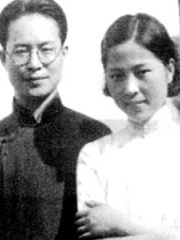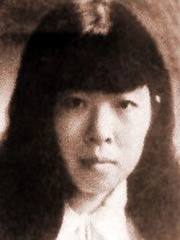Schrijver
Consort Ban
48 BC - 6 BC
NL.WIKIPEDIA PAGE VIEWS (PV)

 Consort Ban
Consort Ban
Haar biografie is beschikbaar in 19 verschillende talen op Wikipedia. Consort Ban staat op plaats 3.075 onder de meest populaire schrijver (gedaald van plaats 2.115 in 2024), plaats 725 onder de meest populaire biografieën uit China (gedaald van plaats 585 in 2019) en op plaats 77 onder de populairste schrijver uit China.
Memorability Metrics
Page views of Consort Ban by language
Among Schrijvers
Among schrijvers, Consort Ban ranks 3,075 out of 7,302. Before her are Miodrag Bulatović, Aleksey Pisemsky, Stephenie Meyer, Edgar Hilsenrath, Venedikt Yerofeyev, and Claribel Alegría. After her are Jim Carroll, Josephine Tey, Laxmi Prasad Devkota, Al-A'sha, Amadou Hampâté Bâ, and Nikephoros Kallistos Xanthopoulos.
Most Popular Schrijvers in Wikipedia
Go to all RankingsMiodrag Bulatović
1930 - 1991
HPI: 60.19
Rank: 3,069
Aleksey Pisemsky
1821 - 1881
HPI: 60.19
Rank: 3,070
Stephenie Meyer
1973 - Present
HPI: 60.18
Rank: 3,071
Edgar Hilsenrath
1926 - 2018
HPI: 60.18
Rank: 3,072
Venedikt Yerofeyev
1938 - 1990
HPI: 60.18
Rank: 3,073
Claribel Alegría
1924 - 2018
HPI: 60.18
Rank: 3,074
Consort Ban
48 BC - 6 BC
HPI: 60.17
Rank: 3,075
Jim Carroll
1949 - 2009
HPI: 60.17
Rank: 3,076
Josephine Tey
1896 - 1952
HPI: 60.17
Rank: 3,077
Laxmi Prasad Devkota
1909 - 1959
HPI: 60.17
Rank: 3,078
Al-A'sha
570 - 629
HPI: 60.17
Rank: 3,079
Amadou Hampâté Bâ
1900 - 1991
HPI: 60.16
Rank: 3,080
Nikephoros Kallistos Xanthopoulos
1256 - 1335
HPI: 60.16
Rank: 3,081
Contemporaries
Among people born in 48 BC, Consort Ban ranks 1. Among people deceased in 6 BC, Consort Ban ranks 3. Before her are Liu Xiang, and Soseono.
Others Born in 48 BC
Go to all RankingsOthers Deceased in 6 BC
Go to all RankingsLiu Xiang
POLITICIAN
77 BC - 6 BC
HPI: 65.96
Rank: 1
Soseono
COMPANION
67 BC - 6 BC
HPI: 63.61
Rank: 2
Consort Ban
WRITER
48 BC - 6 BC
HPI: 60.17
Rank: 3
In China
Among people born in China, Consort Ban ranks 725 out of NaN. Before her are Shi Lang (1621), Wu Jingzi (1701), Fan Bingbing (1981), Hai Rui (1514), Jimmy Wang Yu (1943), and Tan Sitong (1865). After her are Wang Can (177), Can Xue (1953), Ma Huateng (1971), Wang Meng (1308), King Hu (1932), and Ng Man-tat (1952).
Others born in China
Go to all RankingsShi Lang
POLITICIAN
1621 - 1696
HPI: 60.24
Rank: 719
Wu Jingzi
WRITER
1701 - 1754
HPI: 60.23
Rank: 720
Fan Bingbing
ACTOR
1981 - Present
HPI: 60.22
Rank: 721
Hai Rui
POLITICIAN
1514 - 1587
HPI: 60.21
Rank: 722
Jimmy Wang Yu
ACTOR
1943 - 2022
HPI: 60.20
Rank: 723
Tan Sitong
PHILOSOPHER
1865 - 1898
HPI: 60.19
Rank: 724
Consort Ban
WRITER
48 BC - 6 BC
HPI: 60.17
Rank: 725
Wang Can
POLITICIAN
177 - Present
HPI: 60.15
Rank: 726
Can Xue
WRITER
1953 - Present
HPI: 60.12
Rank: 727
Ma Huateng
BUSINESSPERSON
1971 - Present
HPI: 60.08
Rank: 728
Wang Meng
PAINTER
1308 - 1385
HPI: 60.03
Rank: 729
King Hu
FILM DIRECTOR
1932 - 1997
HPI: 60.03
Rank: 730
Ng Man-tat
ACTOR
1952 - 2021
HPI: 60.02
Rank: 731
Among Schrijvers In China
Among schrijvers born in China, Consort Ban ranks 77. Before her are Han Suyin (1917), Xue Tao (768), Sima Tan (-165), Xu Zhimo (1897), François Cheng (1929), and Wu Jingzi (1701). After her are Can Xue (1953), Qian Zhongshu (1910), Longchenpa (1308), Shen Congwen (1902), Xiao Hong (1911), and Song Yu (-298).
Han Suyin
1917 - 2012
HPI: 61.34
Rank: 71
Xue Tao
768 - Present
HPI: 61.24
Rank: 72
Sima Tan
165 BC - 110 BC
HPI: 61.17
Rank: 73
Xu Zhimo
1897 - 1931
HPI: 60.77
Rank: 74
François Cheng
1929 - Present
HPI: 60.71
Rank: 75
Wu Jingzi
1701 - 1754
HPI: 60.23
Rank: 76
Consort Ban
48 BC - 6 BC
HPI: 60.17
Rank: 77
Can Xue
1953 - Present
HPI: 60.12
Rank: 78
Qian Zhongshu
1910 - 1998
HPI: 59.75
Rank: 79
Longchenpa
1308 - 1364
HPI: 59.68
Rank: 80
Shen Congwen
1902 - 1988
HPI: 59.66
Rank: 81
Xiao Hong
1911 - 1942
HPI: 59.08
Rank: 82
Song Yu
298 BC - 222 BC
HPI: 59.07
Rank: 83

